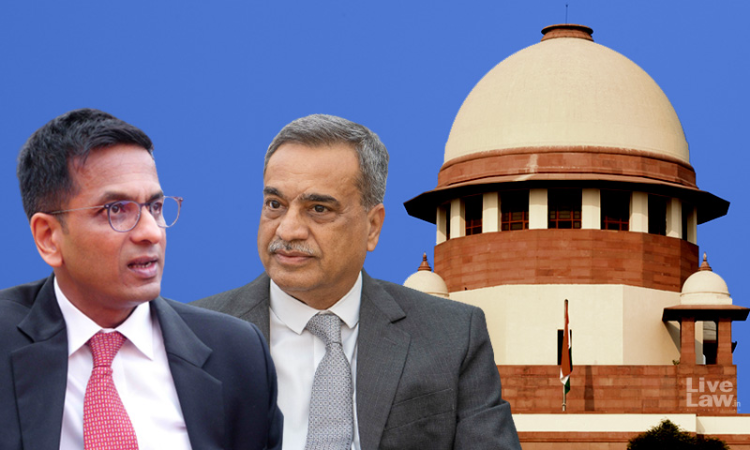Mandamus Cannot Be Issued For Setting Up An Adjudicatory Body Or Tribunal: Supreme Court
LIVELAW NEWS NETWORK
21 April 2021 12:18 PM IST

Next Story
21 April 2021 12:18 PM IST
A mandamus cannot be issued by this Court for setting up an adjudicatory body or tribunal, the Supreme Court observed.The court observed thus while dismissing a writ petition filed by John Paily and others who sought a direction to set up an independent Tribunal comprising of retired High Court judges who can look into the claims of each parish Church to determine which faction/denomination...
